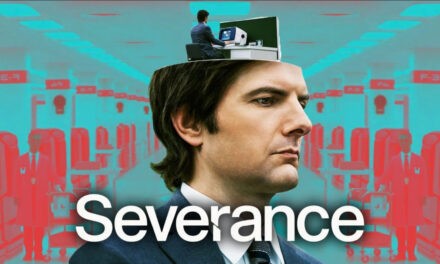Call for papers for free one day conference: Understanding the social in a digital age: An interdisciplinary conference on media, technology, and the social
The pervasiveness of social media has led to both the rise and erasure of ‘the social’. The social is increasingly evasive, at once found everywhere and nowhere. Social media are widely lauded for connecting people and enabling richer, more dynamic socialities yet many critique these processes as emptying out social connection in favour of data accumulation, self-promotion, and platform capitalism. Similarly, these new ways of experiencing, augmenting, and understanding the social are rife with their own socio-cultural and socio-economic biases, born out through designers and users, meaning not every user experiences these spaces and relates to these technologies in the same manner. It becomes apparent that ‘the social’ presumes a singular experience, when realities are far more diverse.
Current research on social media draws in an interdisciplinary manner from a wide range of thinking on what the social means, and is increasingly challenging extant theories and conceptions of the social. This poses a number of questions for how we consider, define, and explore the social, and crucially what our responsibilities are as researchers and educators. This also poses a number of opportunities to work across disciplinary boundaries to explore and reframe our understandings of media, technology, and the social.
Keynotes will be given by Professor Nick Couldry, London School of Economics and Professor Gina Neff, Oxford Internet Institute.
This event aims to critically examine not only the meanings of the social in contemporary digital practices across cultures, but also challenges underlying epistemologies of the social in research and popular cultures. Papers may approach the topic from theoretical, conceptual, and/or empirical positions.
Topics of interest include, but are not limited to:
- Challenges of and negotiations around agency and structure
- The relationship between technology, self, and society
- Educational challenges and responsibilities in the digital age
- Changing socialities in the face of platform capitalism, the sharing economy, the gig economy, the rise of mediation, & networked selves
- The embedding and disembedding of socio-cultural resources online
- Resistance and transgression on, in, with, and through technology
- The role of designers, users, researchers and the public in the framing, conceptualisation, and representation of ‘the social’ online
- Extant and emerging social structures in the digital age
- Boundaries between online and offline social practices
- Affordances and mediation of social practices
- Alternative media and sub-altern communities
- Technological mediation of public / private
- Digital citizenships and the politics of belonging
- Emerging technologies and digital futures
- This list is merely suggestive of the range of topics of interest to the organisers and is not in any way restrictive of possible
- interpretations of the theme. We encourage contributors to be imaginative in formulating ideas and paper proposals.
Abstracts of no more than 300 words and a short bio of 100 words should be submitted via email by 28th August 2018.
You will receive notification of the outcome of your submission by September 30. Submissions from early career researchers are highly encouraged. Final papers should be no longer than 8,000 words / 20 minutes. All those who submit final papers by January 7th will also be invited to submit to a special edition of an international peer-reviewed journal.
The event is free to attend and present, and will be hosted at the School of Education and Lifelong Learning and the University of East Anglia, Norwich, UK, on the 8th January 2019.
Key dates:
- Abstract submission: August 28th 2018
- Notification of outcomes: September 30th 2018
- Draft papers due: January 7th 2019
- Conference: January 8th 2019, at UEA
Organisers:
Dr Zoetanya Sujon (University of Arts London)
Dr Harry Dyer (University of East Anglia)
Enquiries and abstract submission: UnderstandingTheSocial@gmail.com





